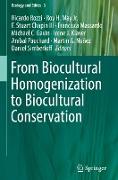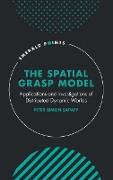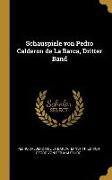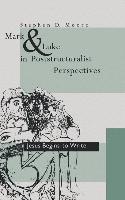From Biocultural Homogenization to Biocultural Conservation
BücherAngebote / Angebote:
To assess the social processes of globalization that are changing the way in which we co-inhabit the world today, this book invites the reader to essay the diversity of worldviews, with the diversity of ways to sustainably co-inhabit the planet. With a biocultural perspective that highlights planetary ecological and cultural heterogeneity, this book explores three interrelated terms.
First (1), biocultural homogenization, a global, but little perceived, driver of biological and cultural diversity loss that frequently entail social and environmental injustices….
Second (2), biocultural ethics that considers –ontologically and axiologically– the complex interrelationships between habits, habitats, and co-inhabitants that shape their identity and well-being. In ethics, in ancient terms of Homer and Heraclitus, the habit was linked to habitats. These habits affect the co-inhabitants, human and other-than-human, and the diversity of inhabitants. The biocultural ethics aims to recover the early meaning of ethic, derived from ethos—or the den of an animal—that converges to native American and other traditional understandings of ethics…
Third (3), biocultural conservation that seeks social and ecological well-being through the conservation of biological and cultural diversity and their interrelationships. …
Biocultural ethics investigates and evaluates the ecological and social causes and consequences of both biocultural homogenization and biocultural conservation. These three biocultural terms provide a conceptual framework and a methodological approach for interdisciplinary teamwork among ecologists, philosophers and other participants to investigate, and also to reorient, eco-social paths of environmental change towards a sustainability of life.
Folgt in ca. 15 Arbeitstagen




